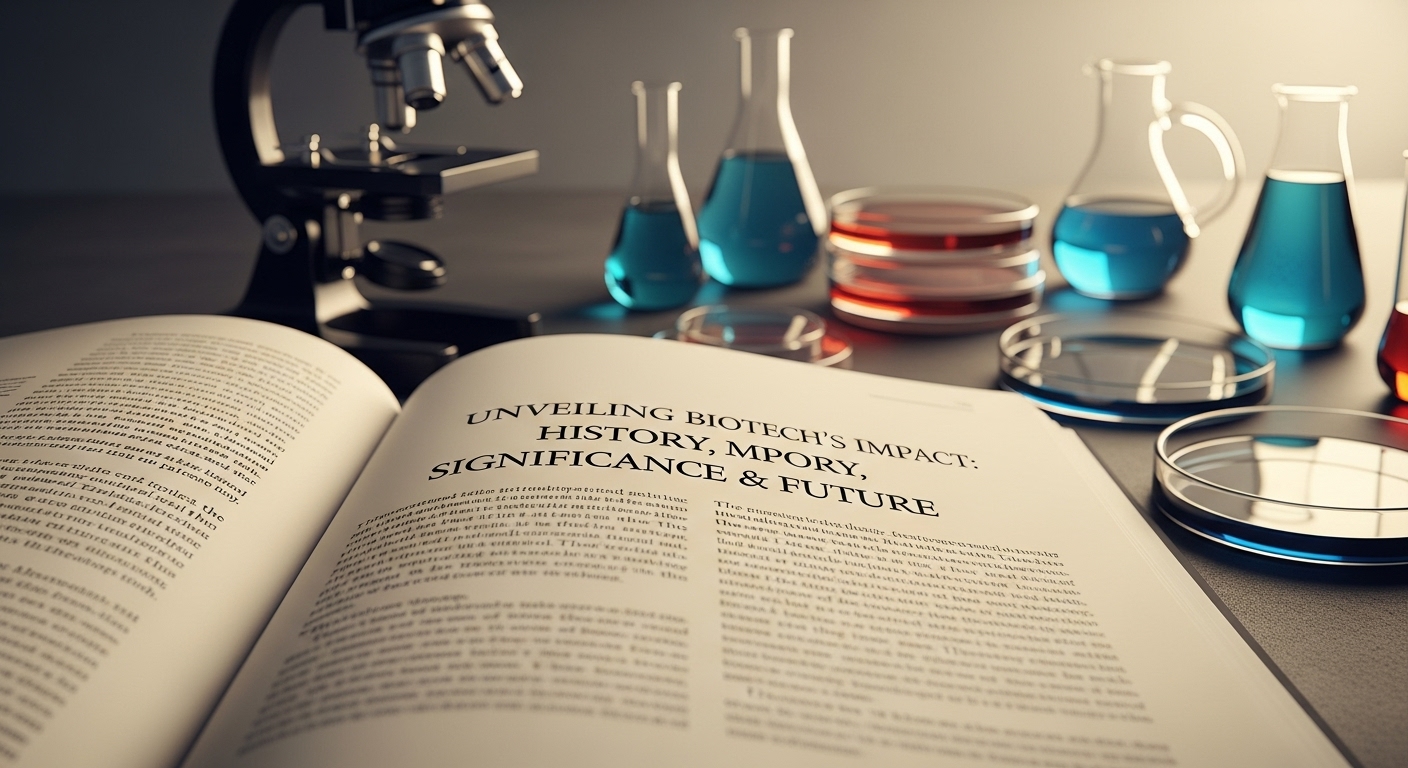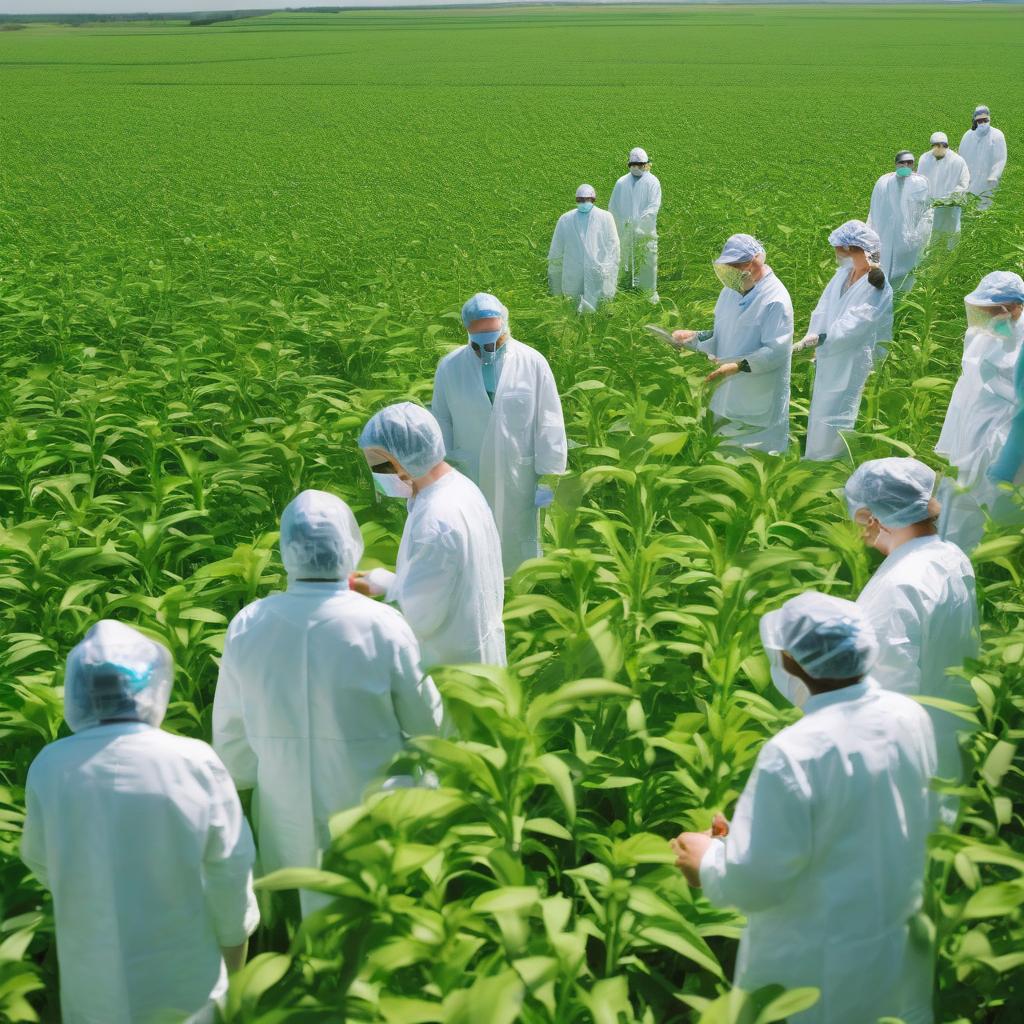Biotechnology, often referred to as biotech, is a fascinating field that combines biology, technology, and innovation to address various challenges in healthcare, agriculture, environmental conservation, and beyond. In this blog post, we will explore the history, significance, applications, and future trends of biotechnology to understand its profound impact on our world.
### History of Biotechnology
Biotechnology has a rich history that dates back thousands of years, with early examples such as fermentation processes for making bread, beer, and cheese. However, modern biotechnology as we know it today emerged in the 1970s with the development of recombinant DNA technology. This breakthrough allowed scientists to manipulate genes, leading to the production of genetically modified organisms (GMOs) and groundbreaking advancements in medicine, agriculture, and industry.
### Significance of Biotechnology
Biotechnology plays a crucial role in revolutionizing various sectors by offering innovative solutions to complex problems. In healthcare, biotech has enabled the development of life-saving drugs, personalized medicine, gene therapies, and diagnostic tools that have transformed the way we treat diseases. In agriculture, biotechnology has led to the creation of genetically modified crops with improved yields, pest resistance, and nutritional value, helping to address food security challenges globally. Moreover, biotech innovations have also been instrumental in environmental conservation efforts, such as bioremediation and biofuel production, contributing to sustainable practices.
### Applications of Biotechnology
The applications of biotechnology are vast and diverse, spanning across different industries. In medicine, biotech is used for drug discovery, vaccine development, gene editing, regenerative medicine, and cancer treatment. In agriculture, biotechnology is employed for crop improvement, livestock breeding, and soil remediation. Additionally, biotech tools like CRISPR-Cas9 have revolutionized genetic engineering, making precise gene editing more accessible and efficient. In industrial biotechnology, enzymes and microorganisms are utilized for bio-based manufacturing processes, reducing reliance on fossil fuels and minimizing environmental impact.
### Future Trends in Biotechnology
The future of biotechnology holds immense promise with ongoing advancements and innovations. Personalized medicine, where treatments are tailored to individual genetic profiles, is expected to become more widespread, leading to more effective and targeted therapies. Synthetic biology, a field that combines biology and engineering to design new biological systems and organisms, is poised to create novel solutions for various challenges, from sustainable energy production to biomanufacturing. Moreover, the convergence of biotech with artificial intelligence, big data analytics, and robotics is opening up new possibilities for drug discovery, diagnostics, and precision agriculture.
### Conclusion
In conclusion, biotechnology is a transformative field with the potential to address some of the most pressing issues facing humanity today. From improving healthcare outcomes to enhancing food security and promoting environmental sustainability, biotech continues to push the boundaries of innovation and scientific discovery. As we look towards the future, the advancements in biotechnology will undoubtedly shape our world in profound ways, offering new opportunities for growth, development, and positive change. Stay tuned for more exciting developments in the dynamic world of biotechnology!



